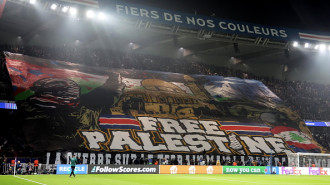Israel turns to Moroccan cars against Turkey's car trade embargo
Israel has started importing cars made in Morocco amid a Turkish trade embargo that caused significant disruptions in Tel Aviv's automotive sector.
So far, a limited number of Moroccan-made vehicles, primarily from the French Renault group, have arrived in Israel. Peugeot 208 models produced at Stellantis's Moroccan factories are expected to join them in the coming months, reported the Israeli financial site Calcalist.
This shift follows Turkey's decision to halt all relations with Israel, including trade, until it ends its genocide on Gaza. Since last October, the Israeli army has killed over 40,000 Palestinians.
The Turkish embargo has severely impacted the Israeli automotive market.
In August, Israeli Ice media said Israeli car importers are experiencing severe shortages in popular car brands. "Hyundai, Toyota, Renault, and Ford have not been arriving in Israel since May," it added.
Following Ankara's decision, Israeli Foreign Minister Israel Katz promised to seek new trade alternatives by focusing on local production and imports from other countries.
Morocco seems to offer a perfect alternative: a country aiming to boost its car exports, and it maintains several trade agreements with Tel Aviv despite social and political opposition.
Car manufacturing in Morocco
The North African Kingdom hosts over 250 companies that manufacture cars or their components. French carmaker Renault, the largest private employer in the country, calls Morocco "Sandero-land" because it produces nearly all of its subcompact Dacia Sanderos.
Moroccan officials are determined to maintain the country's role as a car-making juggernaut by competing for electric vehicle projects.
The industry now accounts for 22% of gross domestic product and $14 billion in exports. It employs 220,000 people and has become the only choice for many young Moroccans as unemployment soars above 13%.
Trade between Morocco and Israel has surged by 64% in the first five months of 2024 despite rising opposition to normalisation with Tel Aviv in the North African country.
"Morocco is not for sale... our country has no price", says Ahmed Waihman, a Moroccan pro-Palestine activist.
"Normalising relations with the Zionist entity is a partnership in its crimes and a blessing for them," argues the member of the Moroccan group for Palestine.
This week, pro-Palestine activists held several sit-ins in solidarity with Lebanon following back-to-back Israeli-linked explosions that killed at least 42 people, including two children and four medical personnel, and wounded some 3,500 others.
Rabat has yet to officially address these blasts.
Morocco and Israel normalised ties in December 2020 under US auspices. A source from the Moroccan foreign ministry confirmed in March to Reuters that Rabat is continuing its normalisation with Israel, emphasising its benefits for "advocating" for the Palestinian people.
Local pro-Palestine groups are vowing to flood the streets of the kingdom with million-man marches on 7 October, marking one year since the start of the genocide in Gaza and attempting yet again to pressure Rabat to end its four-year relationship with Israel.
![Morocco and Israel normalised relations in December 2020 [Getty]](/sites/default/files/styles/large_16_9/public/2021-07/GettyImages-1230264669_0.jpg?h=199d8c1f&itok=LgSTlDxb)
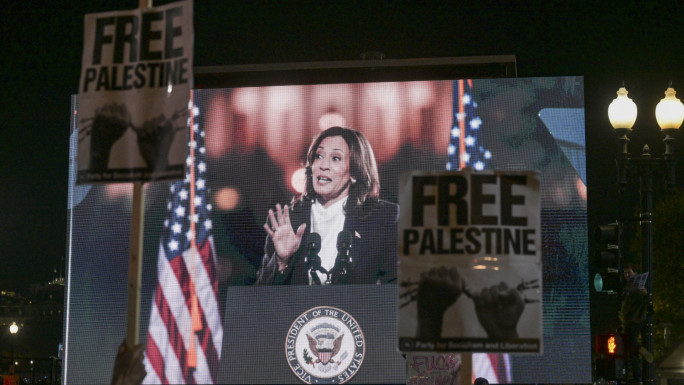
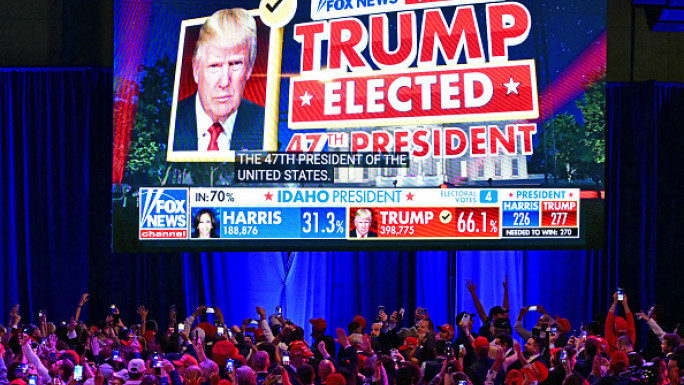
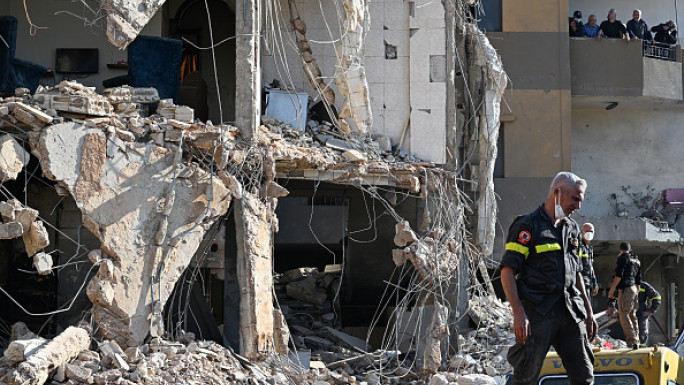
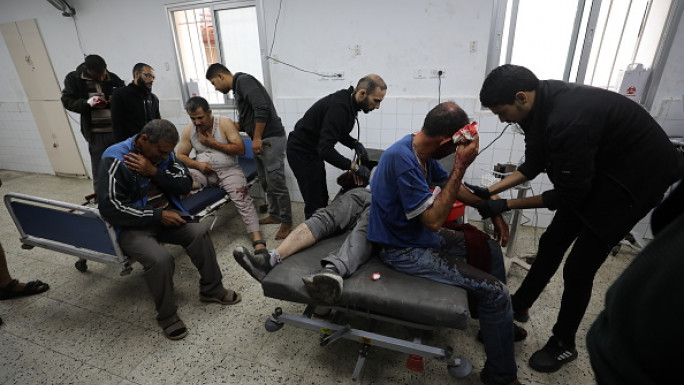
 Follow the Middle East's top stories in English at The New Arab on Google News
Follow the Middle East's top stories in English at The New Arab on Google News
![President Pezeshkian has denounced Israel's attacks on Lebanon [Getty]](/sites/default/files/styles/image_330x185/public/2173482924.jpeg?h=a5f2f23a&itok=S2wzLy-W)

